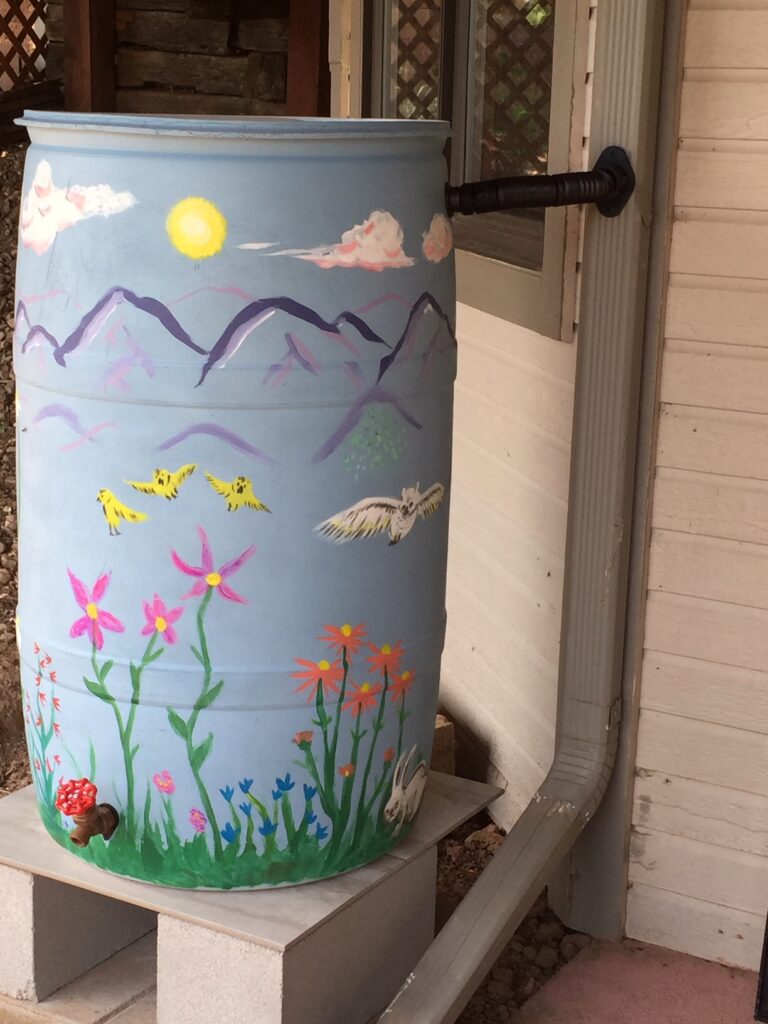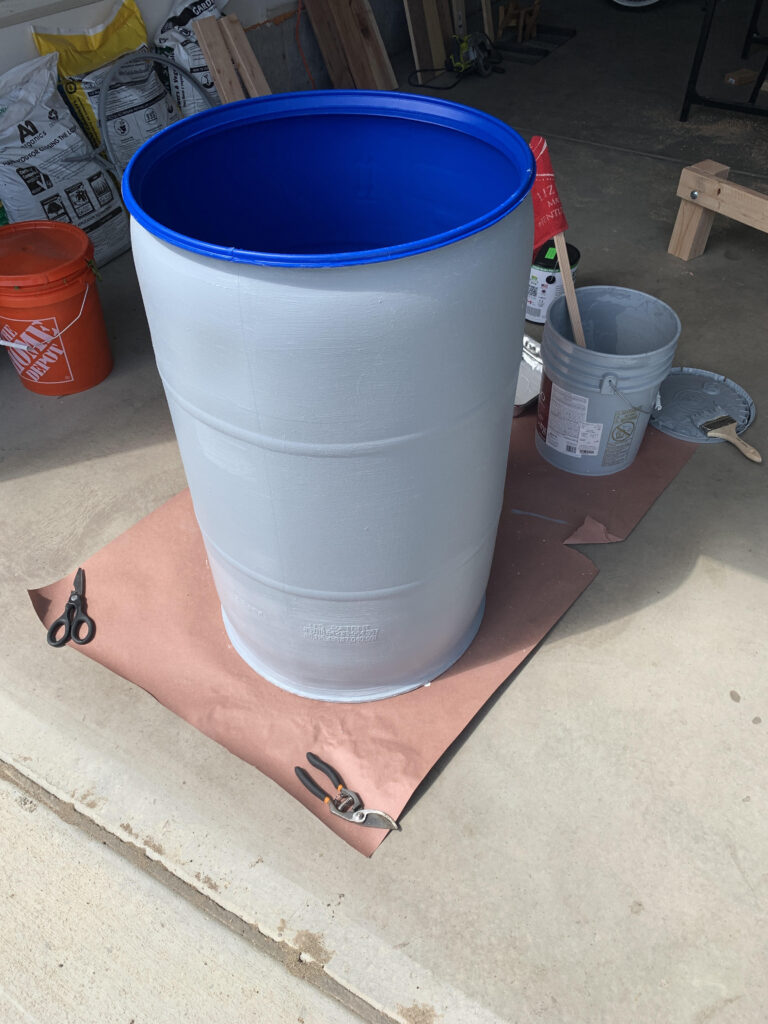
2025 Rain Barrel Workshops
In-person workshops
Interested community members can still register for all workshops as observers. Please note that due to the size of the existing waitlists for each workshop, you will not be able to receive a free rain barrel – the remaining space is for observers who can attend to listen, learn, receive handouts, and ask questions at the workshop. Registering does not confirm an observer spot in the workshop – you will receive a confirmation email within a week of registering. English Registration Form.
Join us virtually
Due to the high demand for these workshops, we have scheduled a webinar for Wednesday, May 14, 6-8pm. Register for our Rain Barrel Webinar.
Interest form – Join us later!
You can also fill out the Rain Barrel Interest Form to receive updates about future rain barrel workshop opportunities.
For questions about the 2025 Rain Barrel Workshops, email Cristina Ramirez at [email protected].
ADA statement: Boulder County wants to ensure that everyone has equal access to our programs, activities, and services. To request an Americans with Disability Act (ADA) accommodation, please email [email protected], or call 303-441-1386. Submit your request as early as possible, and no later than two business days before the event.
Language access statement: If you need help in another language, please email [email protected] or call 303-441-1531. Contact us as early as possible, and no later than three business days before the event.
